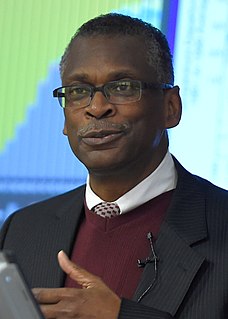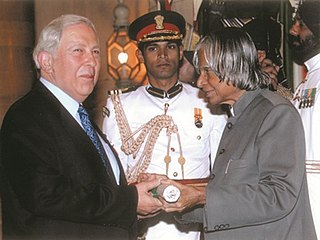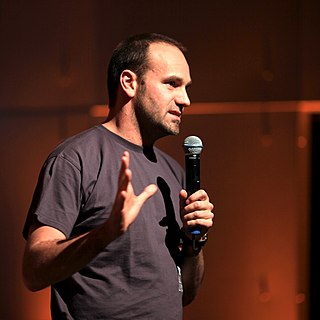Top 1200 Big Companies Quotes & Sayings - Page 7
Explore popular Big Companies quotes.
Last updated on December 21, 2024.
In the Washington soft money game, big business and big labor are accomplices working together to protect the mushy middle of big government, with plenty of special interest plums: Big unions get big spending and big business gets corporate welfare and special tax breaks - all at the expense of average Americans.
If there's a big problem and you've got the right people with you, usually the answer emerges and you do what's the obvious thing to do. I don't think of myself as some great manager or great leader. I've been very lucky to be in the positions that I've been in. I meet a lot of people and I've grown a lot of companies, and I meet a lot of CEOs at big enterprises. I'm always so surprised at how much they seem to know. It doesn't always seem to be correlated to how well they actually do.
Some of the biggest bores I've ever known are men who have been highly successful in business, particularly self-made heads of big companies. Before the first olive has settled into the first martini, they pour the stories of their lives into the nearest and sometimes the remotest ears capturable.... These men have indeed paid the price of success. To rise to the top of a big company often takes a totality of effort, concentration and dedication. Others, too, have to pay part of the price. Wife and children are out of mind even when in sight.
The truth is few people “think” big and even fewer “play” big. Why? Because “big” often means big responsibilitie s, big hassles and big problems. They look at that “bigness” and shrink. They’re smaller than their problems. They back away from challenges. Ironically, they back themselves into the biggest problem of all ... being broke, or close to it.
My primary early interest was in marketing and my aim was to improve its theories, methods and tools. Early on I pressed companies to adopt a consumer orientation and to be in the value creation business. I didn't pay much attention to the social responsibilities of business until later. Now I am pressing companies to address the triple bottom line: people, the planet, and profits. I found that companies were too much into short term profit maximization and they needed to invest more in sustainability thinking.
My half-baked reading of history is that we continue to go through these waves of entrepreneurial explosion followed by merger mania and consolidation. Out of that come big sluggish companies that eventually collapse under the weight of what they've created, and are killed off by the next wave of entrepreneurs.


























































